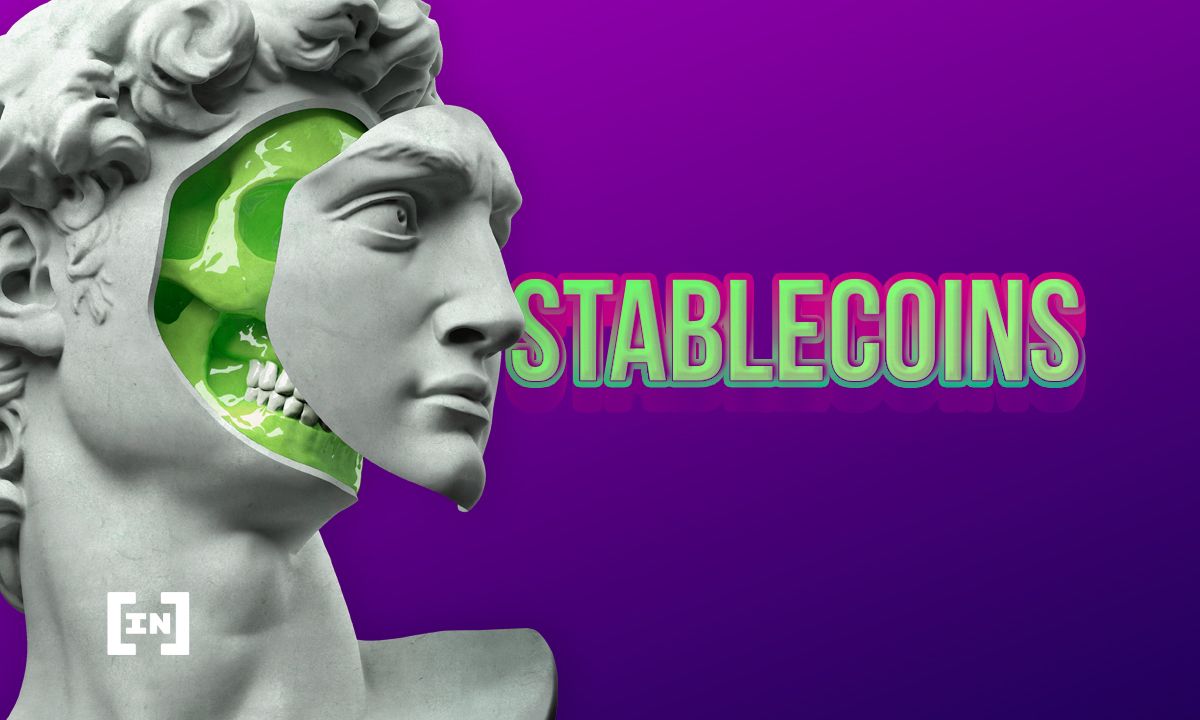The United States President’s Working Group on Financial Markets, a group responsible for enhancing the “integrity, efficiency, orderliness, and competitiveness” of US financial markets, has issued a statement on the regulation of stablecoins.
According to the working group, the new regulations specifically target stablecoins:
“These requirements address a range of policy objectives, including safety and soundness, countering illicit finance, end-user protection, and market integrity. In particular, stablecoin arrangements with greater potential scale, complexity, and interconnectedness should consider.”
Why is the Group Considering the Regulation?
The document states that the group views stablecoins as a potential regulatory risk. The document states:
“Depending on its design and other factors, a stablecoin may constitute a security, commodity, or derivative subject to the U.S. federal securities, commodity, and/or derivatives laws. If so, the federal securities laws,3 and/or the Commodity Exchange Act (“CEA”),4 would govern the stablecoin itself, transactions in, and/or participants involved in the stablecoin arrangement. Whether a stablecoin is a security, commodity, or derivative will depend on the relevant facts and circumstances.”
All stablecoins won’t be considered securities or derivatives, but they may be depending on their makeup.
This statement is significant given the members that make up the President’s Working Group of Financial Markets. They include the Secretary of the Treasury, the Chairperson of the Board of Governors of the Federal Reserve, the Chairperson of the Commodity Futures Trading Commission, and the Chairperson of the Securities Exchange Commission (SEC).
One notable member is SEC Chairperson Jay Clayton, who, as head of the watchdog, was involved in the recent charges brought against Ripple. On Wednesday, the SEC filed a suit against Ripple and two of its top executives for conducting an unregistered sale of securities.
The SEC states that they perceive XRP, the native currency of the Ripple network, to be a security and not a currency like bitcoin or ethereum.
This classification means that Ripple, it’s co-founder, and current CEO are responsible for the sale of unregistered securities and will be held accountable.
As the cryptocurrency market continues to mature, regulatory bodies will likely scrutinize cryptocurrencies with additional oversight.
What is a Stablecoin?
A stablecoin is a cryptocurrency directly pegged to an underlying asset, fixing its value as accurately as possible to that asset.
Unlike other cryptocurrencies such as Bitcoin or Ethereum, stablecoins experience much less volatility. Volatility is dependent on the underlying asset.
Most stablecoins are supposedly backed by fiat currencies such as the US dollar or precious metals like gold. With stablecoins, users get all the benefits of blockchain technology without the increased volatility and wild price swings.
Disclaimer
In adherence to the Trust Project guidelines, BeInCrypto is committed to unbiased, transparent reporting. This news article aims to provide accurate, timely information. However, readers are advised to verify facts independently and consult with a professional before making any decisions based on this content. Please note that our Terms and Conditions, Privacy Policy, and Disclaimers have been updated.

